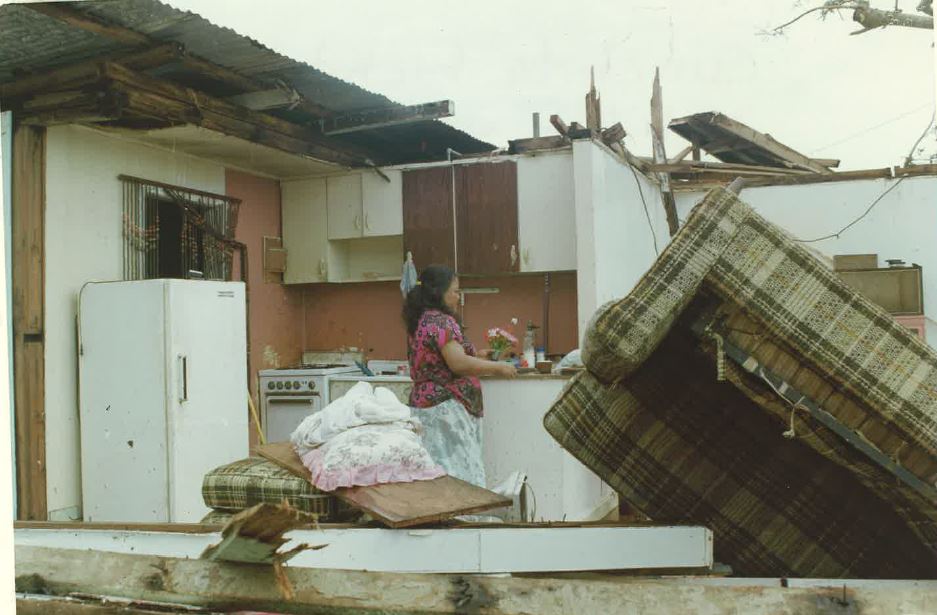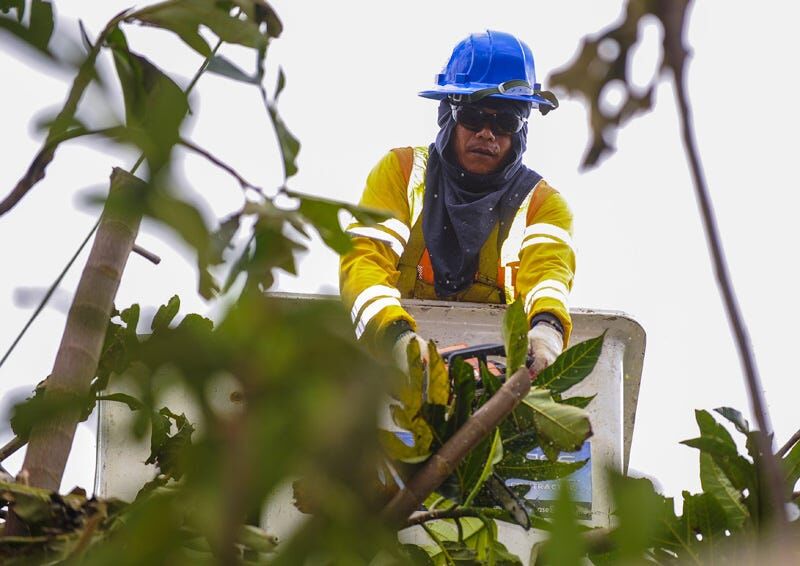From power lines to broken glass and sewage, floodwaters contain hidden dangers
The heavy rains of typhoons and tropical storms, coupled with high tides and storm surges, can leave roads, parking lots and sometimes floors under water.
As tempting as it might be to splash through puddles, floodwaters carry inherent dangers.
Use these tips from the Centers for Disease Control and Prevention to navigate the storm waters:
- Floodwaters contain many things that may harm health, including:
- Downed power lines
- Human and livestock waste
- Household, medical, and industrial hazardous waste (chemical, biological, and radiological)
- Ash waste that can contain carcinogenic compounds such as arsenic, chromium, and mercury
- Other contaminants that can lead to illness
- Physical objects such as lumber, vehicles, and debris
- Wild or stray animals such as rodents and snakes
Exposure to contaminated floodwater can cause:
- Wound infections
- Skin rash
- Gastrointestinal illness
- Tetanus
- Leptospirosis
Protect yourself
It is important to protect yourself from exposure to floodwater regardless of the source of contamination. The best way to protect yourself is to stay out of the water.
If you come in contact with floodwater:
- Wash the area with soap and clean water as soon as possible. If you don’t have soap or water, use alcohol-based wipes or sanitizer.
- Take care of wounds and seek medical attention if necessary.
- Wash clothes contaminated with flood or sewage water in hot water and detergent before reusing them.
- If you must enter floodwater, wear rubber boots, rubber gloves, and goggles.
Prevent infection of open wounds and rashes.
Open wounds and rashes exposed to floodwater can become infected. Vibrios, for example, are naturally occurring bacteria that live in certain coastal waters and can cause skin infections when an open wound is exposed to them. This can happen during floods.
To protect yourself and your family:
- Avoid exposure to floodwater if you have an open wound.
- Cover clean, open wounds with a waterproof bandage to reduce chance of infection.
- Keep open wounds as clean as possible by washing well with soap and clean water.
- If a wound develops redness, swelling, or oozing, seek immediate medical attention.
Seek medical attention as soon as possible if:
- There is a foreign object (soil, wood, metal, or other objects) embedded in the wound.
- The wound is at special risk of infection (such as a dog bite or a puncture by a dirty object).
- An old wound shows signs of becoming infected (increased pain and soreness, swelling, redness, draining, or you develop a fever).
- Protect yourself and your loved ones from diarrheal diseases
- Be aware that floodwater may contain sewage, and eating or drinking anything contaminated by floodwater can cause diarrheal disease (such as E. coli or Salmonella infection).
If you have children:
- Be sure to wash children’s hands with soap and water often and always before meals.
- Do not allow children to play in floodwater areas.
- Do not allow children to play with toys that have been contaminated by floodwater and have not been disinfected.
- Do not bathe in water that may be contaminated with sewage or toxic chemicals. This includes rivers, streams, or lakes that are contaminated by floodwater.
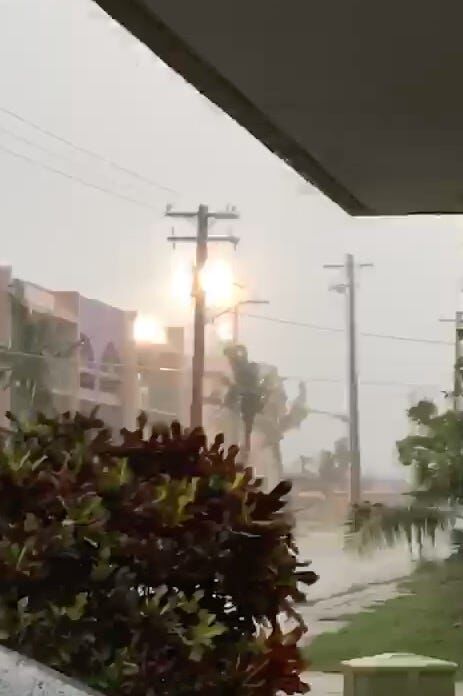
Save your investment
Here's what you need to do to keep your appliances safe after a power outage.
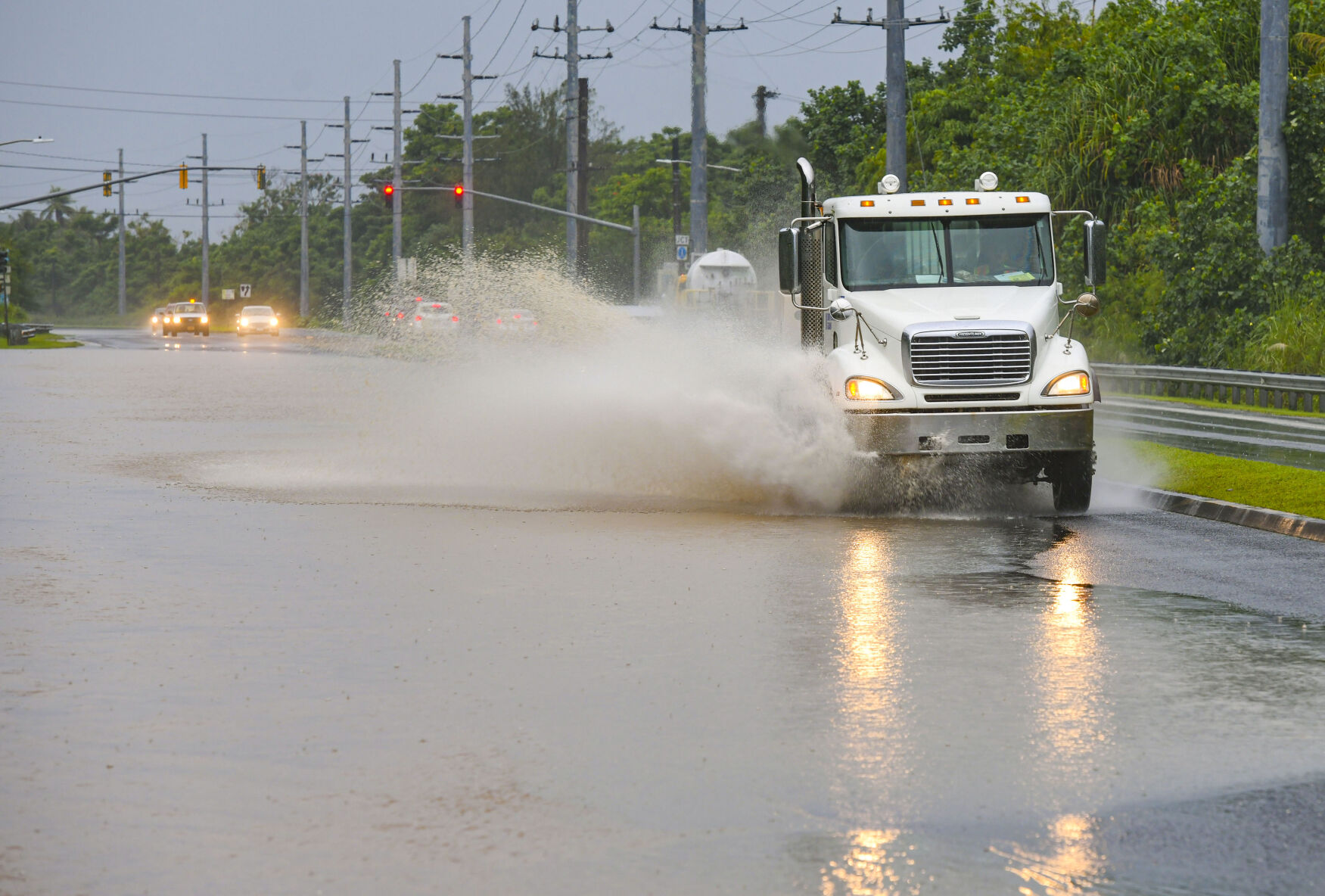
Driving on wet roads
If you must drive after the storm, here are some tips to keep you safe.
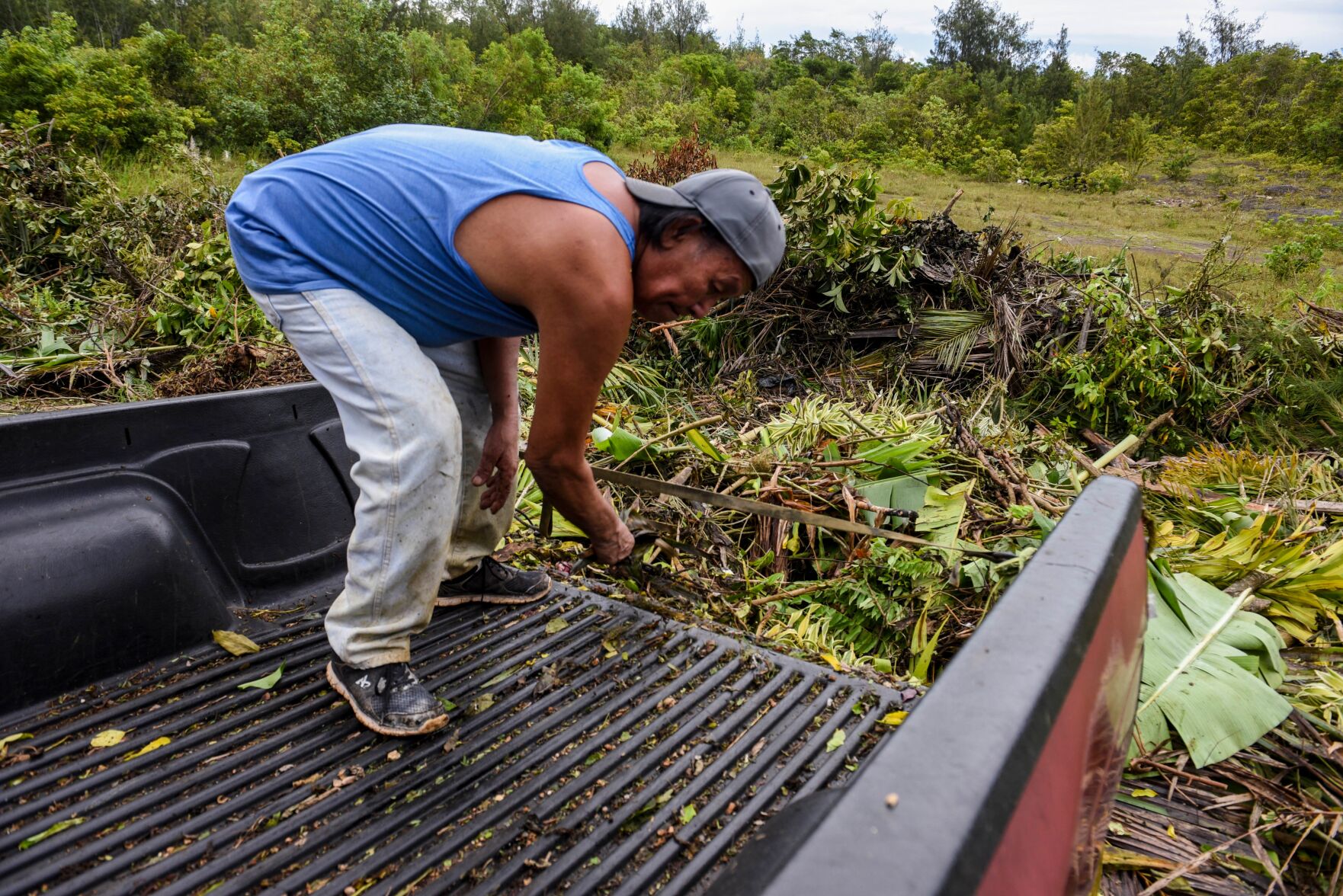
Cleaning up safely
If the storm leaves you with a typhoon-force mess, here are some strategies for a safe, manageable cleanup.
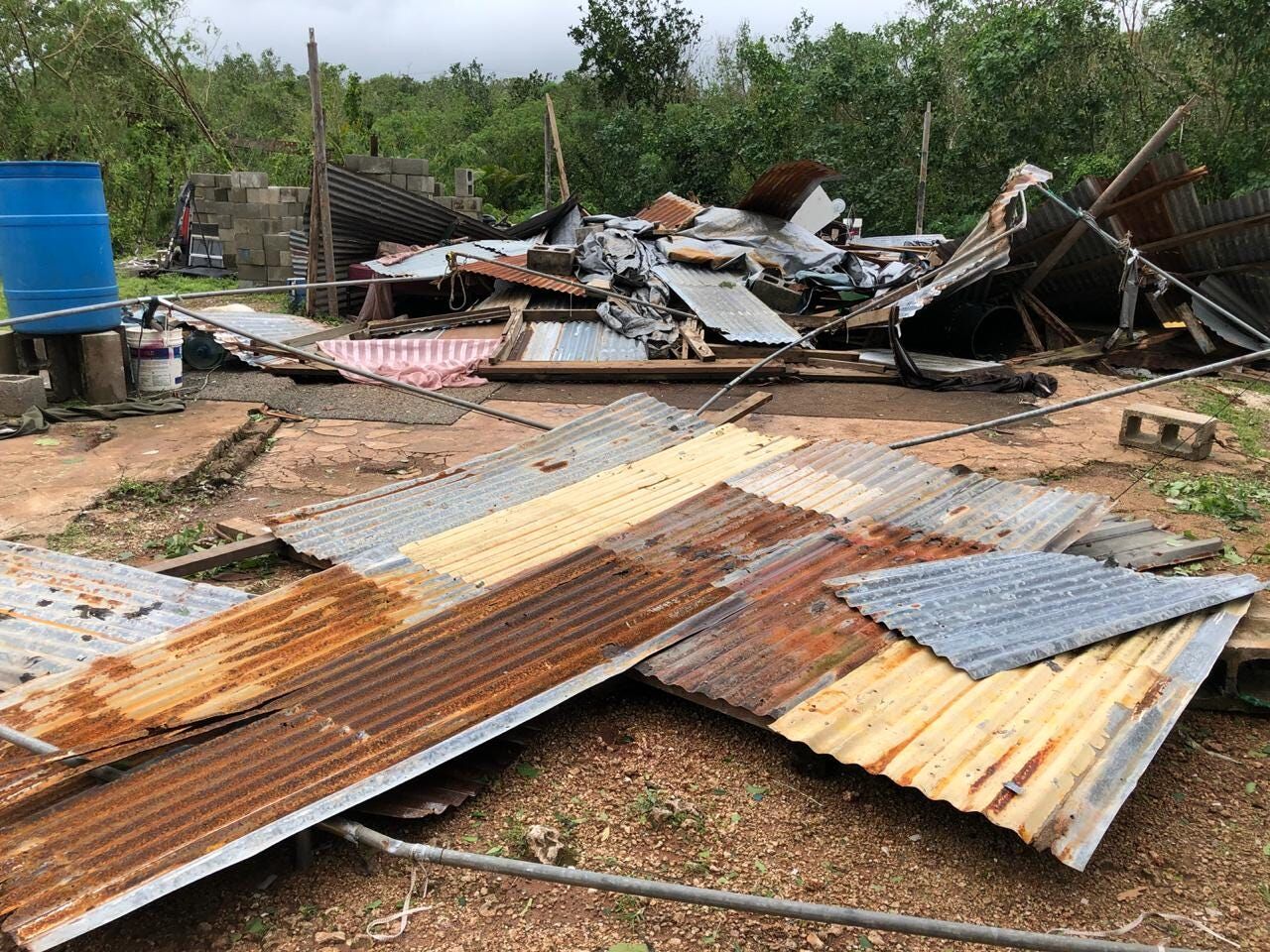
The aftermath
Even though it may appear as though the storm is over, wait for the all-clear.



